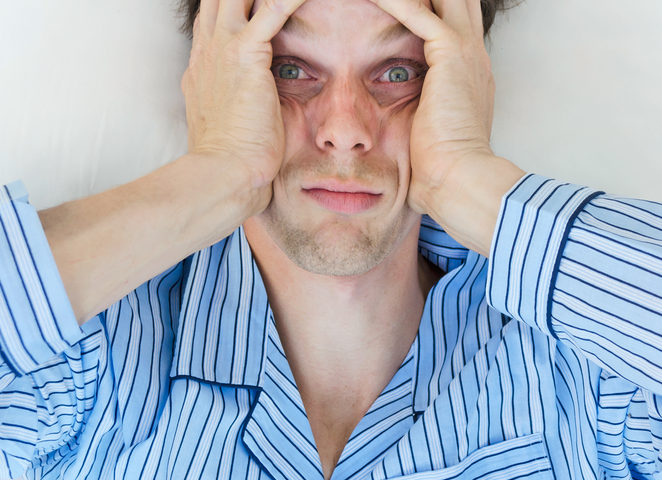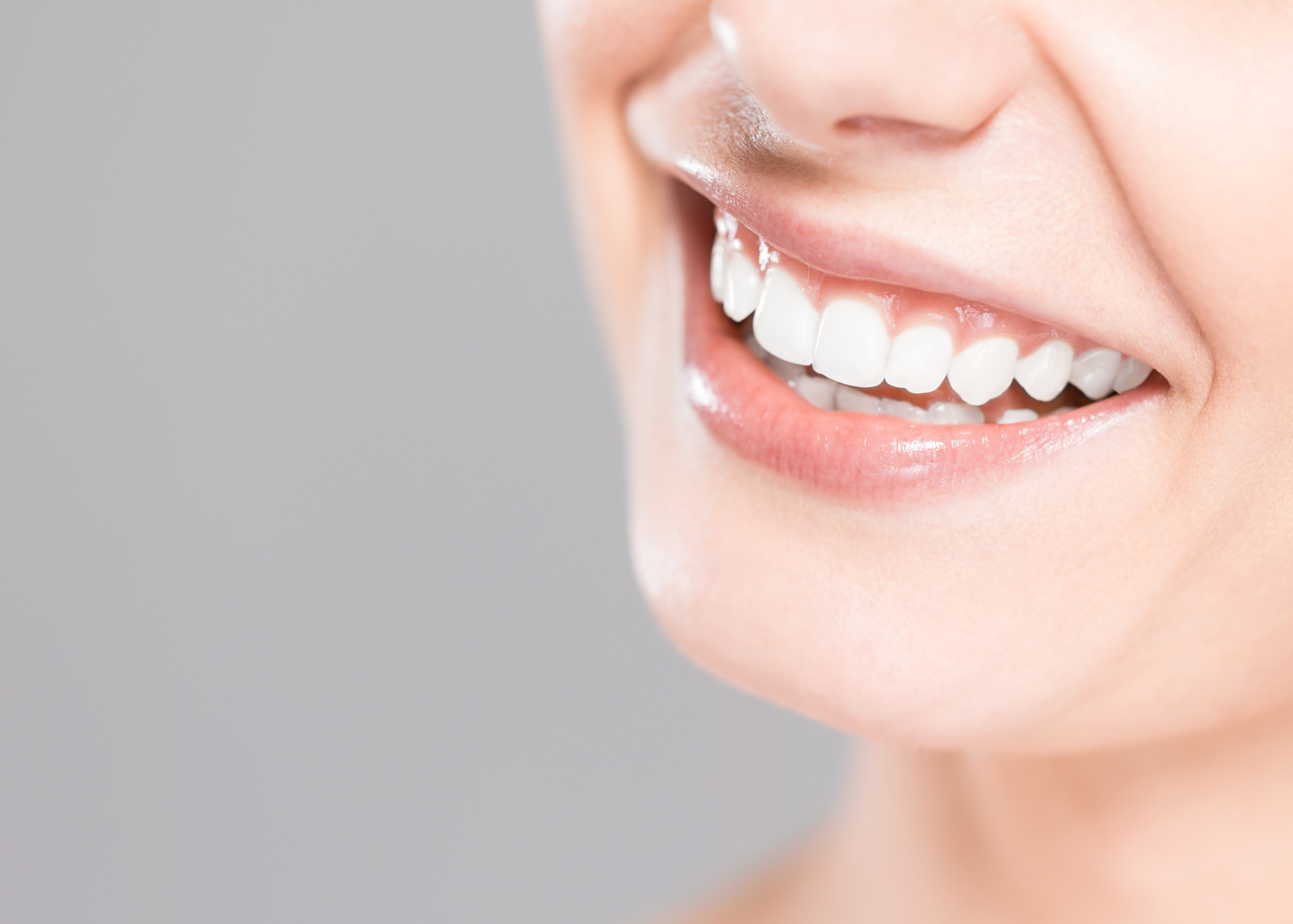
What Ice Does to Your Teeth
April 20, 2018
Dental Veneers: A Brand-New Smile in Just Two Visits
May 4, 2018Do you suffer from poor quality of sleep? Do you wake up tired, even after a full eight hours of rest? This may be a sign that your sleep is being interrupted by periods of gasping and stopped breathing called apneas. You’ve probably already heard about obstructive sleep apnea (OSA), but everyone should take the time learn the symptoms and the risks of this incredibly common medical condition.
Do you wake up feeling tired or headachey, and have energy problems as the day goes on? You may be chronically sleep deprived due to a sleep breathing disorder. Contact Smiles 4 Grant Park to learn about Grant Park sleep apnea and snoring treatment with Dr. Abbey Lee.
If you experience any combination of the following symptoms, you may want to see a doctor for a sleep study:
- Snoring
- Gasping, choking, or stopped breathing during the night
- Waking up with dry mouth, sore throat, or headaches
- Low energy, despite healthy lifestyle choices
- Daytime sleepiness, even when “fully rested”
- Inability to concentrate, poor memory
- Unexplained moodiness, irritability or depression
Sleep apnea sufferers are more likely to overweight and have high blood pressure, and it is also more common in men than in women. However, anyone can develop OSA, at any age.
How OSA Affects Your Body
There are two critical things sleep apnea robs you of: sleep and oxygen. Both of these are vital to good health and not getting enough of them can lead to serious medical conditions.
OSA Causes Sleep Deprivation
When your soft tissues relax and obstruct your airway at night, this sends a panic signal to the brain to wake you up, so you can breathe again. Severe apnea sufferers may experience these apnea awakenings up to hundreds of times a night, yet have no awareness that it is happening. Your body and brain awake briefly to restore respiration, though you may not wake enough to notice it. This is very bad for you because your brain needs uninterrupted REM sleep in order for you to get the full restorative benefits of sleep. When you are constantly waking up, you don’t get good quality sleep, and you may experience cognitive effects as a result.
Sleep deprivation of this sort may lead to an inability to concentrate, memory problems, irritability, and sleepiness during the day. When you are chronically sleep deprived, you are also more likely to experience periods of microsleep, in which you briefly enter a sleep state, even though you think you are still awake. Microsleep has been known to happen when people are performing repetitive tasks such as work with heavy machinery or driving, and may be responsible for some traffic accidents.
OSA Reduces Respiration
Sleep apnea also causes oxygen deprivation. When your body does not get enough oxygen during the night, it makes all your organ systems less effective. OSA suffers are more likely to develop cardiovascular disease, high blood pressure, diabetes, poor thyroid function, stroke, and heart arrhythmia—to name a few possibilities.
In fact, anyone who snores is at risk of low blood oxygenation. Mouth breathing simply does not deliver as much oxygen to the body as nasal breathing. When you breathe through the mouth you breathe more quickly. Nasal breathing is slower and gives you a longer, more controlled exhale that keeps the oxygen in your lungs longer. This lets you absorb more oxygen with each breathe.
Suspect OSA? Talk to Your Doctor
Untreated, obstructive sleep apnea can lead to major health problems and take years off your life. If you suspect you or your partner suffer from sleep apnea, contact your doctor to have a sleep study done. If you are diagnosed with OSA, you will likely be prescribed a continuous positive airway pressure (CPAP) machine to wear when you sleep at night. This machine attaches to the face via a facemask and delivers continuous puffs of oxygen throughout the night.
If you already use a CPAP, but are not happy with it, you may be interested in an alternative OSA device, such as an oral appliance. Oral appliances work great for snoring and OSA because they shift the position of the jaw slightly to open up the airway. With just a minor adjustment to the way the upper and lower jaw fit together, you may be able to restore proper nasal breathing at night without relying on a CPAP machine.


